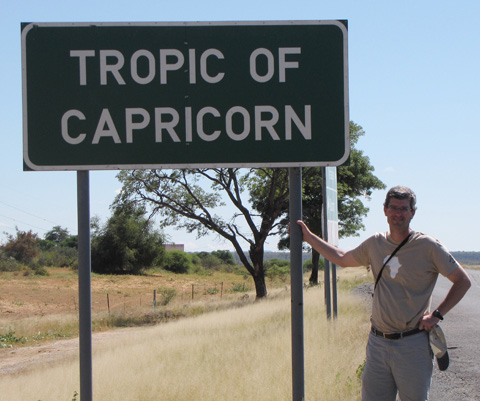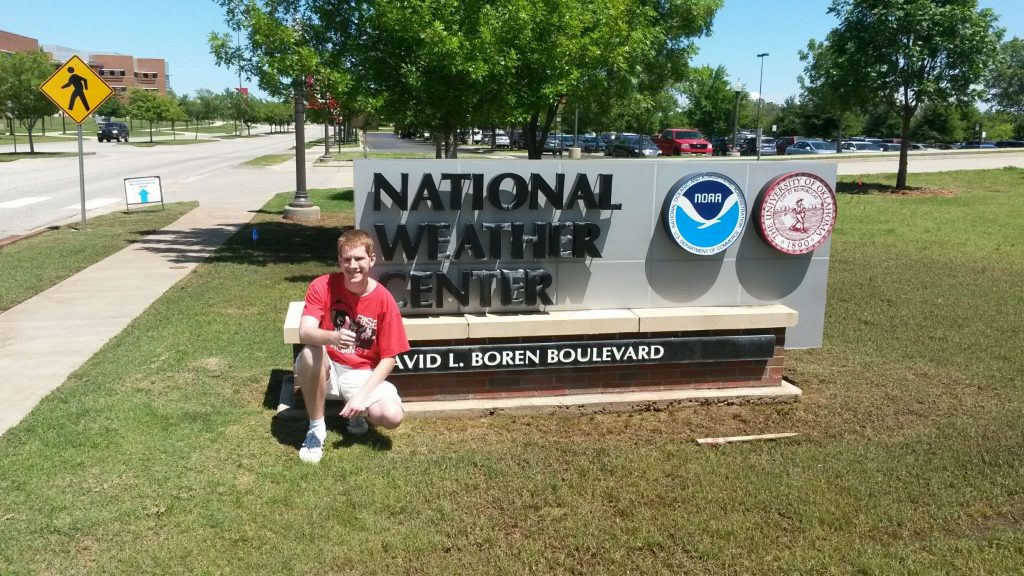The Geography Colloquium series presents William G. Moseley on “Problems with the Ricardian Food Security Dream: Botswana’s Conundrum of Growth with Hunger” on Friday, Oct. 24, from 3:05 to 4 p.m. in Walter 235.
Moseley is Professor of Geography and Director of African Studies, Macalester College, Saint Paul.
Abstract: Botswana is considered to be an African development success story and imagined by some to be one example of an ideal future for the continent. Under this ‘Ricardian food security dream scenario,’ well run governments judiciously manage export-based economies emphasizing commodities for which they have a comparative advantage. In other areas, agriculture adopts the full suite of New Green Revolution technologies and large commercial farms produce the majority of food for urban populations. The problem is that resource-based economies are often undiversified and produce deep inequalities. Furthermore, high-input agriculture, while good at producing lots of food, is also heavily dependent on fossil fuel energy and largely performed by wealthy farmers. As energy prices rise, so does the cost of food production. The combination of expensive food and deepening inequality means that hunger will persist even if Africa’s leaders do everything “right.” Botswana now faces such a conundrum. Despite its wealth and good governance, it still has significant segments of its population which suffer from the interlinked phenomenon of persistent poverty and food insecurity. Furthermore, given its high dependence on imported food (90%), Botswana now finds itself particularly vulnerable to fluctuating global food prices. This paper addresses two inter-related research questions: 1) How is Botswana attempting to pursue its national food security objectives in a global environment of increasingly volatile food market conditions? 2) How are poor households coping with increasingly volatile food prices? These questions are addressed based on information from 160 household interviews, as well as meetings with policymakers.




















Comments